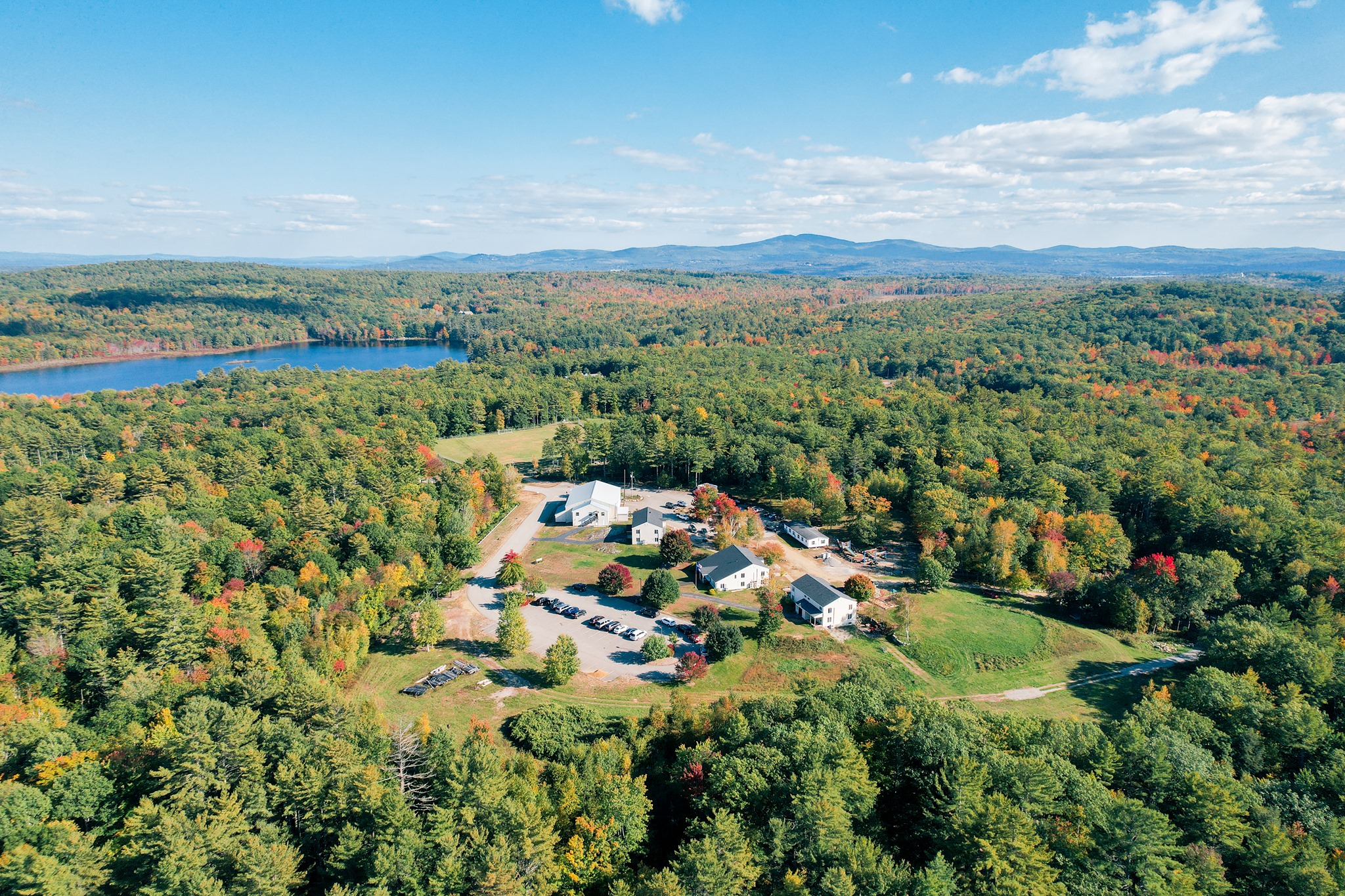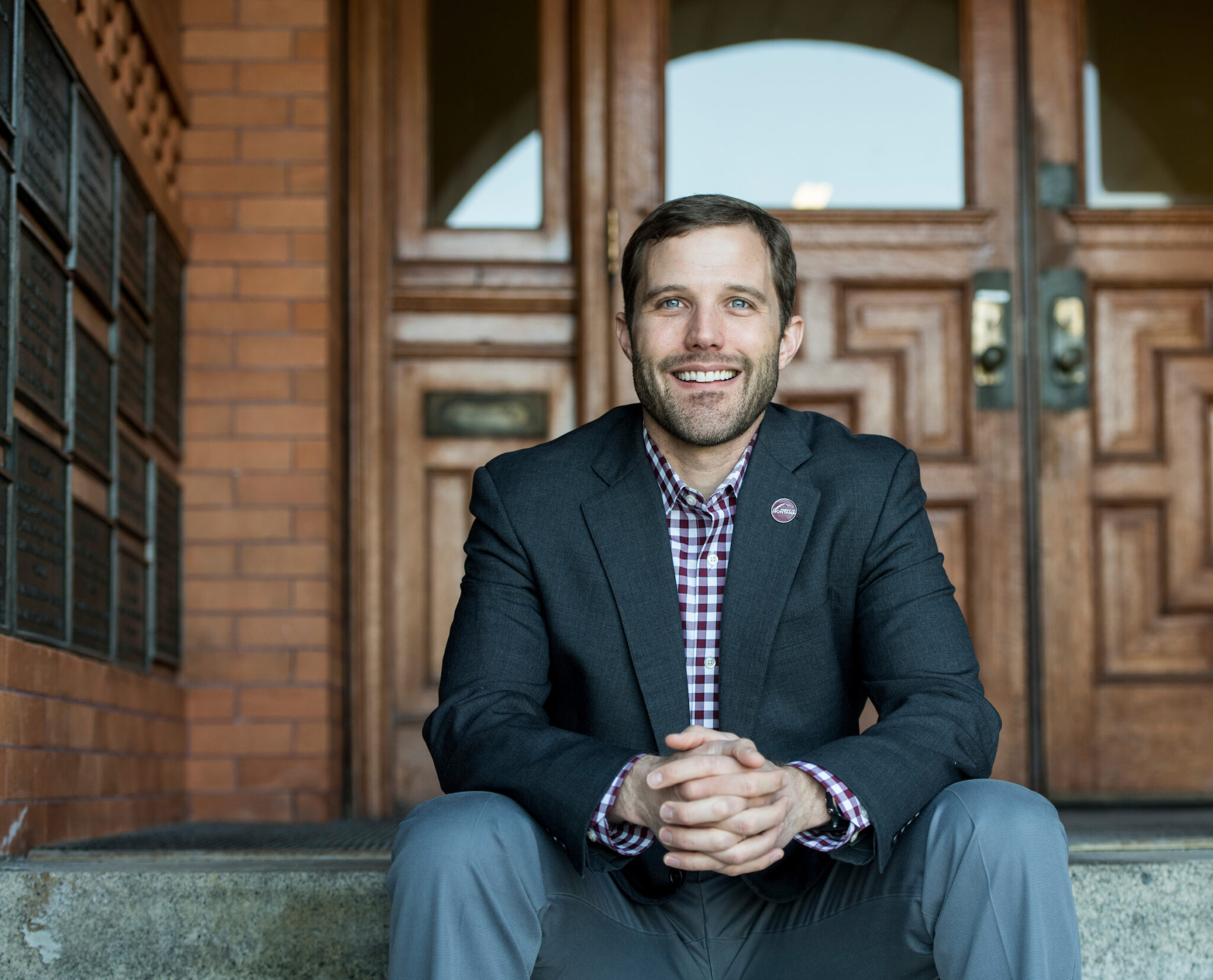Stephen Ragsdale, a musician and professor, has long found solace in music. Growing up in Rome, Georgia, he used his piano and guitar to process the turbulent events of his childhood, like the civil rights confrontations of the 1960s and nuclear-war drills at school. Music provided a refuge when he felt isolated.
During a trip to India, Ragsdale witnessed a tense airport scene. A traveler was angrily confronting a gate agent. Hoping to calm the situation, Ragsdale began playing his guitar softly. The crowd parted, and the angry traveler noticed him, smiled, and walked away, defusing the tension.
Ragsdale, who began playing piano at seven, said music has been a powerful tool throughout his life, offering an emotional escape, clarity, and community connection. “I often felt I had no one to talk to about it,” he said, “but I could deal with it emotionally when I turned to my music.”
Learning to play by ear
Ragsdale’s musical journey started with a green upright piano in his childhood room. Though he took piano lessons to read music, he preferred playing by ear, mimicking tunes from the radio and records. He was drawn to the black keys for their dark, melodic feel, and his parents encouraged his musical exploration.
At 12, he picked up the guitar, again favoring ear training over reading music. While rock and folk songs came naturally, jazz eluded him due to complex chords. His teenage years were marked by crafting simple lyrics and jamming with friends like Bennie Guthrie, who played organ in a gospel-influenced Baptist Church.
Using music as a means of discovery
After an initial college attempt, Ragsdale hitchhiked along the East Coast with his guitar, busking and playing gigs. He eventually returned to academia, pursuing a career in biochemistry. Despite financial constraints and limited science coursework, he attended community college before enrolling at the University of Georgia, where he explored the acrosome reaction and male contraception pathways. This work inspired him to continue in science, earning a bachelor’s and Ph.D. in biochemistry.
Throughout, Ragsdale played music, forming connections and earning extra money. As a postdoc in Cleveland and assistant professor at the University of Wisconsin, Milwaukee, and the University of Nebraska, he found community through music, performing genres from rock to country.
Getting jazzed about a new music genre
In 2007, Ragsdale moved to Ann Arbor for a U-M Medical School position, where he began exploring jazz. At Herb David Guitar Studio, he met Carl Michel, a jazz musician who encouraged him to learn to read music. This opened up jazz to Ragsdale, who developed arrangements of classic and modern jazz tunes over a decade.
Collaborating with bassist Dave Sharp, Ragsdale formed The Bop Dragons, a band of U-M scientists that included jazz singer Marlena Studer, who later became his wife. Today, Ragsdale and Studer perform as a duo and with the Marlena Studer Jazz Ensemble at local venues such as Blue Llama, where Ragsdale plays guitar and manages arrangements.
Music remains a source of energy and focus for Ragsdale, who finds playing guitar revitalizing after academic work. He has returned to songwriting, drawing inspiration from science and environmental themes, crafting songs like “Enzyme Purification Blues” and reworking classics like Randy Newman’s “Louisiana 1927.”
Ragsdale’s musical passion endures, driven by the simple love of playing.
—
Read More Michigan News










